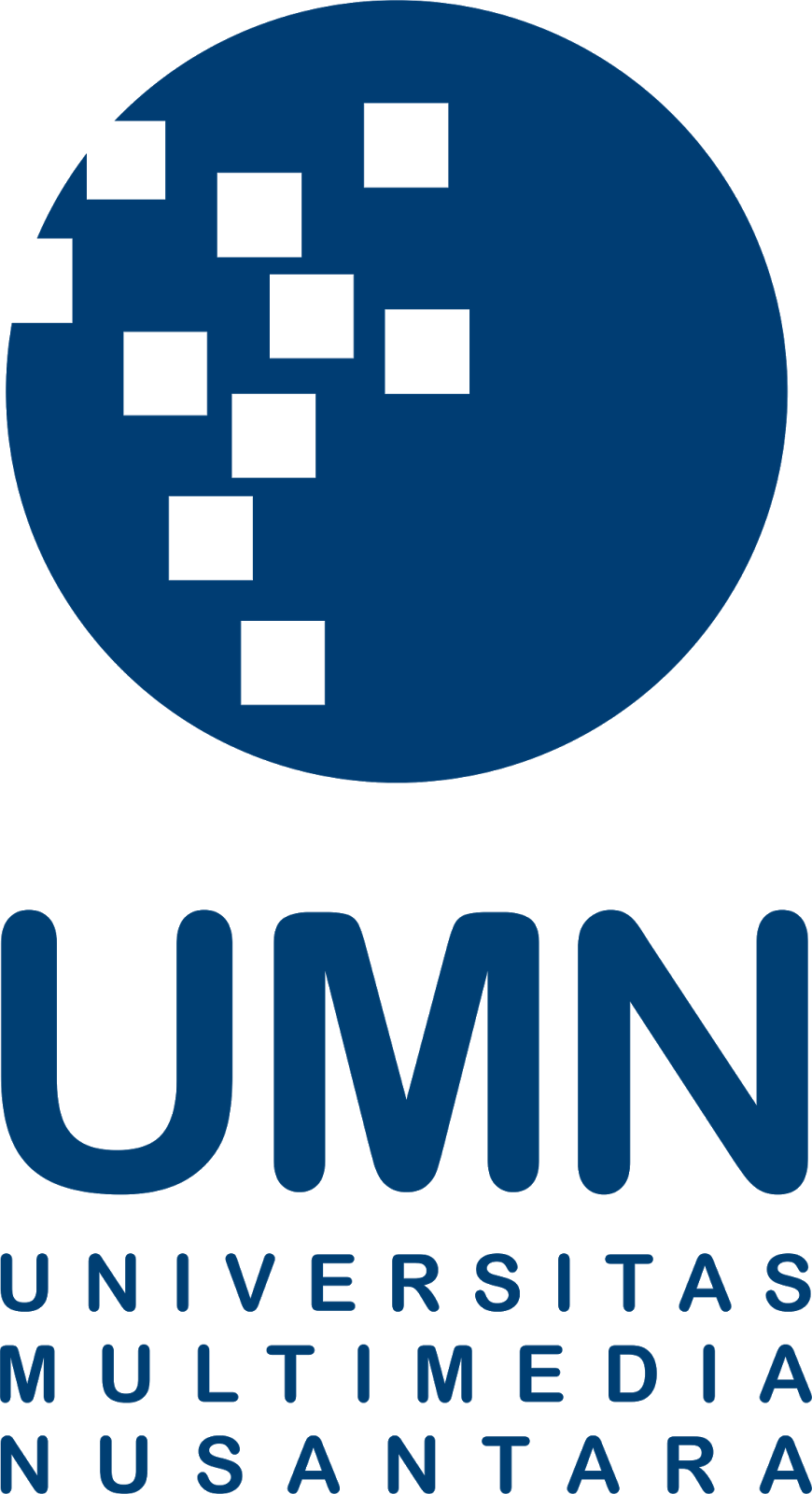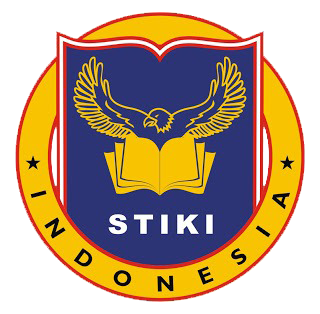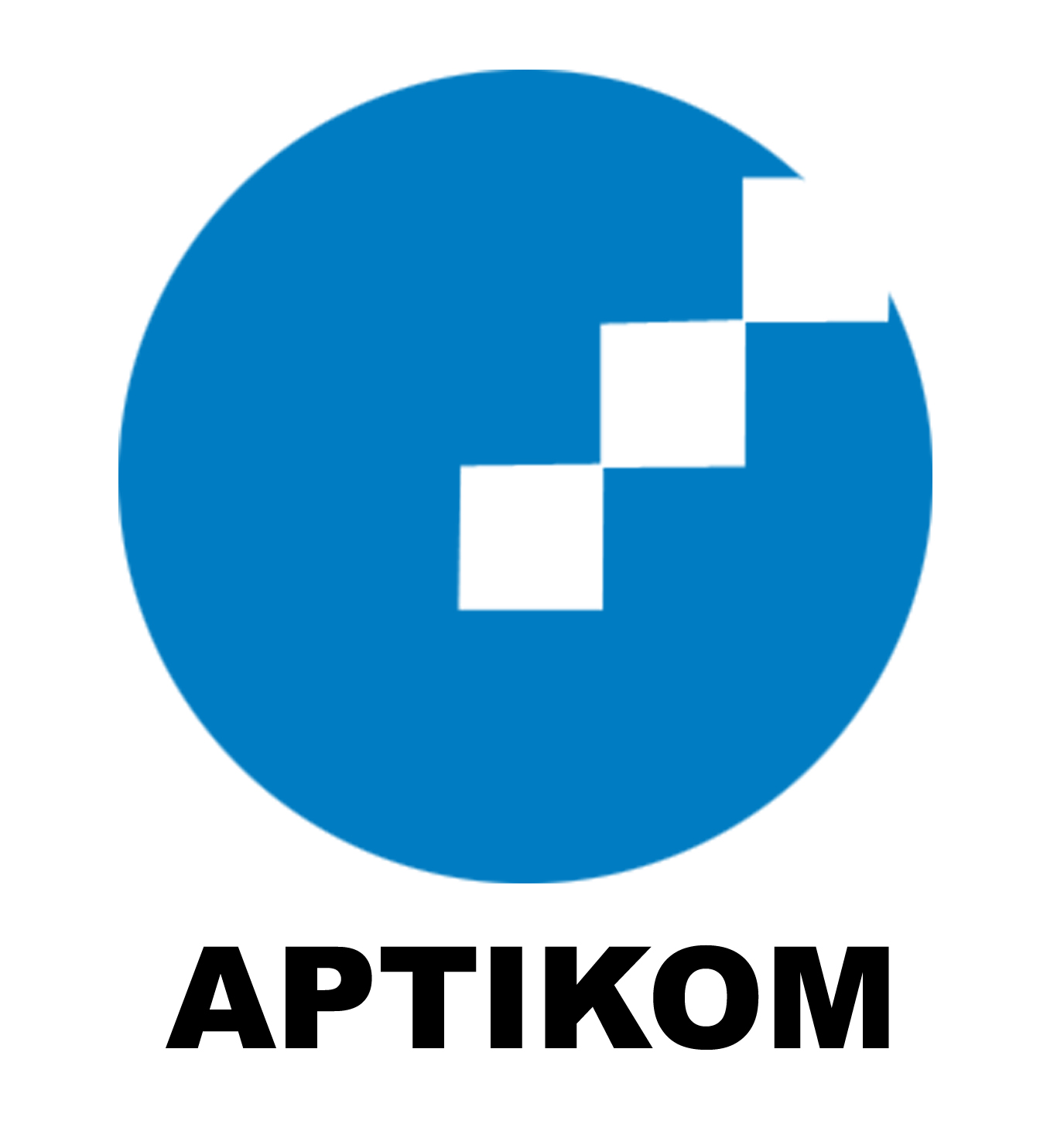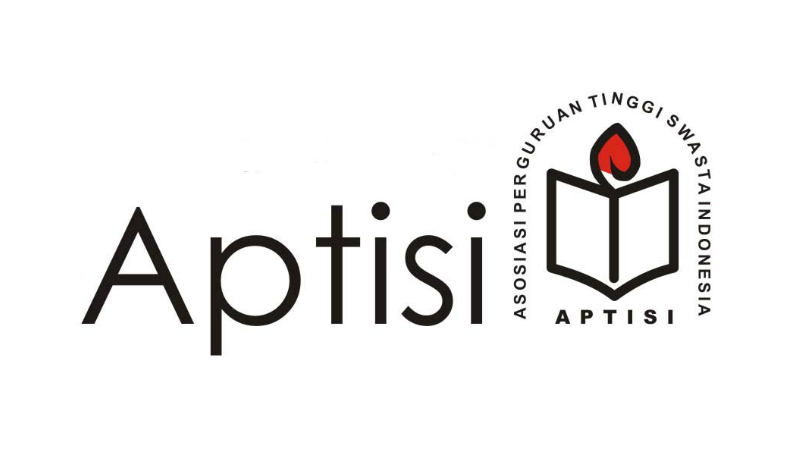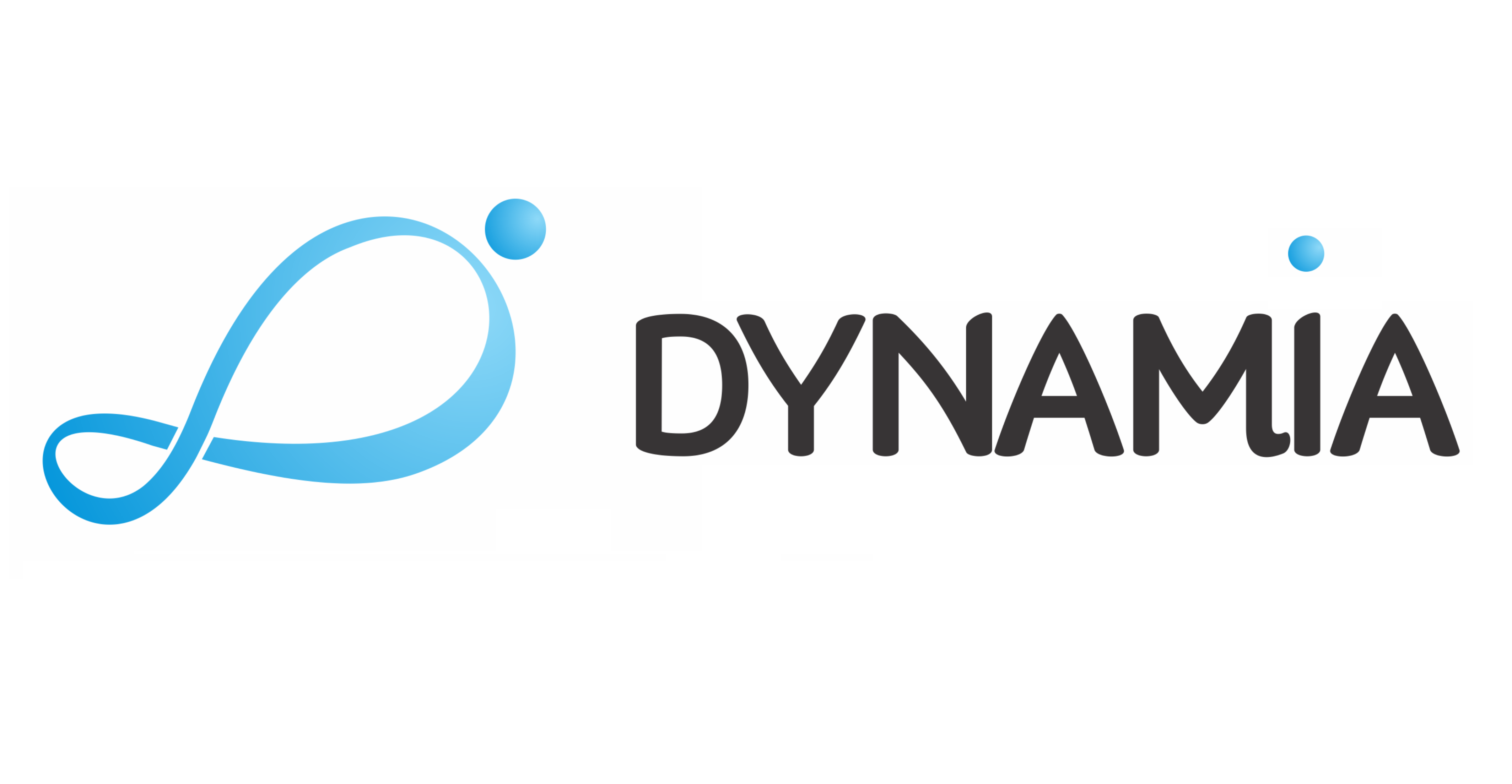- Professor CheulWoo Ro
Title: Smart city and Living Lab

Abstract :
In this presentation, the Smart City and Living lab. (LL) with global competitiveness will be addressed. A city of dreams where imagination for tomorrow becomes reality today. It is a Smart City. The Smart City is an integrated process that turns an entire city smart to solve common problems in urban area such as citizen of safety, environment & energy, traffic improvement, living convenience and urban regeneration incorporating core ICT technologies such as IoT, Big data, Cloud and AI.
LL is an open innovative model by IT infra-based users, experts, and developers participation. It works as an open test bed for smart-city projects and supports SME and venture company test and commercialization.This keynote presentation will explore LL in the Smart City and discuss its key concepts, opportunities and challenges based on the City of Busan experience and perspective in conjunction with Busan Network of LL (BNOLL). The presentation concludes by proposing to create INOLL (Indonesia NOLL) to be a turning point for Indonesia Smart city.
Biodata : Professor CheulWoo Ro has been with the department of computer engineering Silla University since 1991, where he is currently a professor, located in Busan KOREA. He was a senior
researcher of ETRI (Electronic and Telecommunication Research Institute) since 1982 and developed TDX (Time Division Exchange) system.
He holds a PhD in computer engineering from Sogang University, Korea. Currently he is a senior vice president of Korea Cloud Association and he is an IT Advisory and Evaluation Committee of Busan
City.
He is a chairman of Silla university mobile app. center and a member of IoT living lab committee. He was a presenter at Transfiere forum for Science, Technology and Innovation at European level, held
at Malaga Spain in 2016, under the title “Global Smart City & Cloud Data Center in Busan”.
- Professor Zainal A. Hasibuan
Title: Software Product Line Approach for Improving The Development of Customizable E-Business System for Small and Medium Enterprises
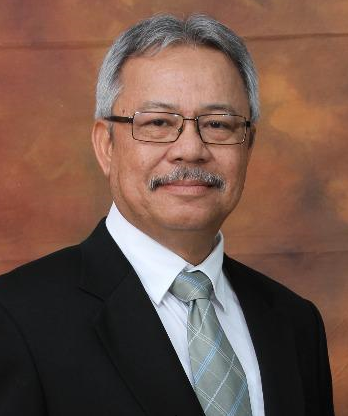
Abstract : E-Business is the use of Information Technology or Information Systems to support business processes within an organization. E-Business can be seen as an enabler for business growth, effective competition, and innovation in Small and Medium Enterprises (SMEs). SMEs play a vital role in the economy of a country because of its significant contribution to GDP and work forces.
However, SMEs are often lack of adopting e-Business due to several factors. Besides the low adoption of e-Business in SMEs, misfits issue often occur, namely the existence of a gap between organizational needs and the functionality provided by e-Business system. Therefore, e-Business adoption in SMEs should be easy to use, minimum customization, and no infrastructure procurement is imposed. However, each SME has very diverse characteristics, so that one-size-fits-all system is not the right solution.
To overcome these problems, we propose a solution, The Product Line-based e-Business System that can be customized according to the organization’s profile. The system can be implemented in the cloud, and the applications offered as Software-as-a-Service (SaaS). The proposed solution aims to increase e-Business adoption and performance of SMEs.
Biodata : Zainal A. Hasibuan is a Professor of Computer Science at Universitas Indonesia. He earned a bachelor degree majoring in statistics at Bogor Agricultural Institute (IPB), a master of information science at Indiana University and then continued his Ph.D degree studies majoring in information storage and retrieval systems at Indiana University.
He involved in professional organizations, Ikatan Profesi Komputer dan Informatika Indonesia (IPKIN) and Indonesian Association of Higher Education in Informatics and Computing (APTIKOM). Now, he is the chairman of APTIKOM. He is very active in development of research and education in computer science. He has a wide spectrum of research areas, including e-learning, e-business, information retrieval, information system and software engineering. According to Google Scholar, his publication had reached more than 1150 citations, with h-index 15, and Scopus h-index 7.
- Dr. Ninok Leksono
Title: Palapa Ring and answering Indonesian Broadband needs
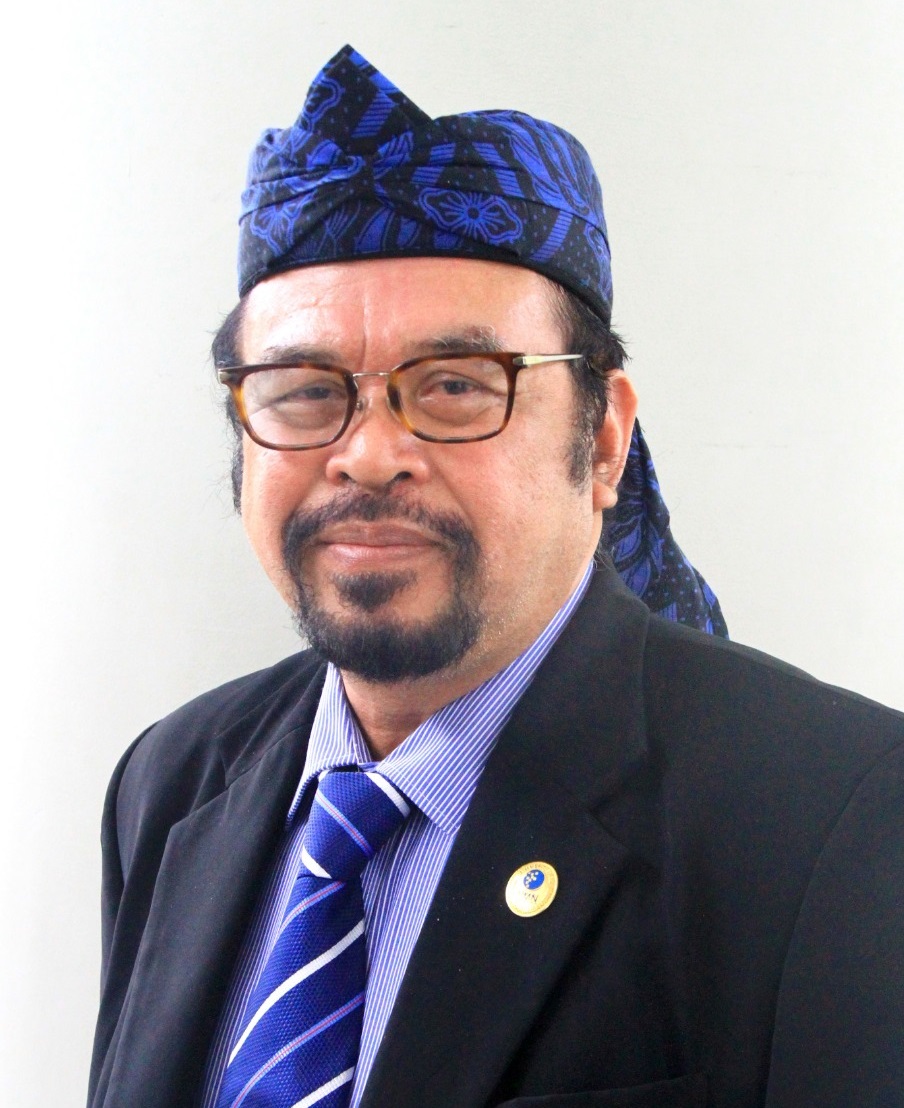
Abtsract : Indonesia is a country blessed with geography that stretches from east to west comparable to the continental USA, which is 5.300 kms. But as different to the US which her geographical make up is continental, Indonesia is an archipelago, that comprises of about 17 500 islands. This poses an enormous challenge, notably in communications, either for social or economic interactions. In 1976 the Government of President Suharto strategically launched a Palapa sattelite for domestic communications, improving connectivity, especially between those who lived in the western part of the country and those who lived in the eastern part.
While Palapa sattelite is now a story of the past, Indonesia needs a more sophisticated infrastructure for communications in a digital era. Lack of investment in the east has resulted in a digital divide. While people who live in the west have enjoyed many 4G services, the eastern population is struggling to open a page of a homepage. With a committment to provide an equal access to the fast internet, the Government with support from private sectors, in this case telco companies, has been developing infrastructures for fast internet access to all Indonesia’s regions.
When the project is finished, hopefully this year, every citizen in all part of the country will have an equal access to the fast internet. In addition to equal chance to exploit the facility for economic purposes, it will also be good for strenghtening the nationhood. Tourism sector seems to be the first to reap the benefit of the quality internet access. Financial sector perhaps the next.
Biodata and Experience :
- Posisi Redaksi: Redaktur Senior Harian Kompas.
- Kelembagaan: Pengurus Pusat Asosiasi Ilmu Politik (AIPI), dan pernah sebagai anggota KIN (Komite Inovasi Nasional) 2010-2014. Anggota Dewan Pers 2013-2016.
- Posisi Akademik: Rektor Universitas Multimedia Nusantara (UMN) sejak Maret 2011.
- Pendidikan : Jurusan Astronomi, FMIPA ITB (1981); Department of War Studies, King’s College, University of London (M.A, 1989); Research Student di London School of Economics (1989-1990); S-3 dalam Ilmu Politik Universitas Indonesia (Dr, 1992).
- Pekerjaan profesional : Staf pengajar tidak tetap di ITB (1981-1982), wartawan Kompas (sejak November 1981-sekarang), staf pengajar tidak tetap di Jurusan Hubungan Internasional, FISIP-UI (1993-2013).
- Keanggotaan Profesional: Dewan Riset Nasional (DRN) 1999-2011; The International Institute for Strategic Studies (IISS) London sejak 1986, Komite Inovasi Nasional (KIN) 2010-2014, dan Anggota Dewan Pendidikan Tinggi (DPT) 2009-2012, dan Anggota Pengurus Pusat Asosiasi Ilmu Politik Indonesia (AIPI) sejak 2003.
- Fellowship: Eisenhower Fellow USA (1993)
- Penghargaan: Sarwono Prawirohardjo LIPI (2008) untuk Memajukan Sains; Dewan Pers – UNESCO Awards (2009) untuk Memajukan Kebebasan Pers; Adiwarta Rekayasa Awards (Persatuan Insinyur Indonesia, PII) Desember 2010 untuk Karya Tulis Bidang Teknik/Rekayasa; Sertifikat Press Card Number One untuk Pengabdian dalam Jurnalisme (Persatuan Wartawan Indonesia) Februari 2011, The Indonesian Seaweed Society Award 2011 untuk jasa dalam penulisan rumput laut di Indonesia, dan Penghargaan Ganesa Widya Jasa Adiutama (2016) dari ITB.
- Minat Utama: Sains dan teknologi, penerbangan, masalah kemiliteran, musik klasik, dan penulis/pemain seni tradisi (wayang orang dan ketoprak-sebagai anggota pendiri Paguyuban Ketoprak Adhi Budaya, 2011, pengurus Sekretariat Nasional Pewayangan Indonesia-SENAWANGI).
- Professor Bogdan Gabrys
Title: Automated composition, optimisation and adaptation of complex predictive systems

Abstract :
There has been a lot of work done on the subject of intelligent data analysis, data mining and predictive modelling over the last 50 years with notable improvements which have been possible with both the advancements of the computing equipment as well as with the improvement of the algorithms. However, even in the case of the static, non-changing over time data there are still many hard challenges to be solved which are related to the massive amounts, high dimensionality, sparseness or inhomogeneous nature of the data to name just a few. What is also very challenging in today’s applications is the non-stationarity of the data which often change very quickly posing a set of new problems related to the need for robust adaptation and learning over time. In scenarios like these, many of the existing, often very powerful, methods are completely inadequate as they are simply not adaptive and require a lot of maintenance attention from highly skilled experts, in turn reducing their areas of applicability.
In order to address these challenging issues and following various inspirations coming from biology coupled with current engineering practices, we proposed a major departure from the standard ways of building adaptive, intelligent predictive systems by utilising the biological metaphors of redundant but complementary pathways, interconnected cyclic processes, models that can be created as well as destroyed in easy way, batteries of sensors in form of pools of complementary approaches, hierarchical organisation of constantly optimised and adaptable components. In order to achieve such high level of adaptability we have proposed novel flexible architectures which encapsulate many of the principles and strategies observed in adaptable biological systems. The proposed approaches have been extensively and very successfully tested by winning a number of predictive modelling competitions and applying to a number of challenging real world problems including pollution/toxicity prediction studies, building adaptable soft sensors in process industry in collaboration with Evonik Industries or forecasting demand for airline tickets covering the results of one of our collaborative research projects with Lufthansa Systems.
Following the drive towards automation of predictive systems building, deployment and maintenance, recent work at Prof. Gabrys’ group resulted in an approach and an open-source software which allows to automatically compose, optimise and adapt mutlicomponent predictive systems (MCPS) potentially consisting of multiple data preprocessing, data transformation, feature and predictive model selection and postprocessing steps. Our findings, supported by extensive experimental analysis, can have a major impact on development of high quality predictive models as well as their maintenance and scalability aspects needed in modern applications and deployment scenarios. All of these will be covered and discussed during this keynote talk.
Biodata : Bogdan Gabrys is a Data Scientist, a Professor of Data Science and a Director of Advanced Analytics Institute at the Faculty of Engineering and IT, University of Technology Sydney, Australia.
Immediately before moving to Sydney in September 2017, he held the positions of a Chair in Computational Intelligence (since 2005) and a Head of Data Science Institute (since 2014) at the Faculty of Science and Technology, Bournemouth University, UK.
His research, consulting and advisory activities have concentrated on the areas of data science, complex adaptive systems, computational intelligence, machine learning, predictive analytics and their diverse applications. In particular, he has pursued the development of various statistical, machine learning, nature inspired and hybrid intelligent techniques especially targeting data and information fusion, learning and adaptive methods, multiple classifier and prediction systems, processing and modelling of uncertainty in pattern recognition, diagnostic analysis and decision support systems.
He is an accomplished author (with over 150 publications), frequently invited speaker at international events and fora and sought after data science expert.More information can be found at his personal web page: http://bogdan-gabrys.com/




